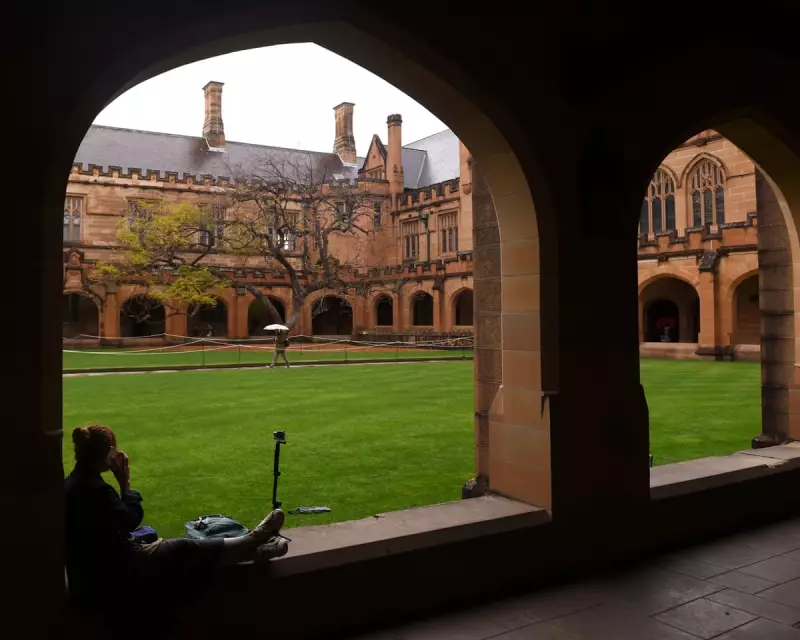
In a decisive move that signals tighter controls on Australia's international education sector, the University of Sydney has been refused permission to increase its overseas student intake for the coming academic year.
Government Clampdown on Student Numbers
The prestigious institution, which ranks among Australia's top universities, sought approval to enrol additional international students in 2025 but had its application rejected by federal education authorities. This decision forms part of the government's broader strategy to manage migration levels and address concerns about housing availability and infrastructure pressure.
The rejection comes despite the university's strong academic reputation and follows similar restrictions imposed on other Australian higher education providers. Education Minister Jason Clare has been implementing stricter controls across the sector, emphasising the need for "sustainable growth" in international student numbers.
Financial Implications for Higher Education
The cap presents significant financial challenges for the University of Sydney and similar institutions that have come to rely heavily on international student fees. These students typically pay substantially higher tuition rates than domestic counterparts, subsidising research programs, infrastructure development, and other university operations.
University representatives have expressed concern about the long-term impact on Australia's competitive position in the global education market. "This isn't just about immediate revenue," explained one senior academic who wished to remain anonymous. "It affects our ability to maintain world-class facilities and attract top teaching talent."
Broader Sector Impact
The government's firm stance reflects growing political pressure to address housing affordability and infrastructure strain in major cities like Sydney. However, education experts warn that overly restrictive policies could damage Australia's reputation as a welcoming destination for international students.
Other universities are now closely monitoring the situation, with many expected to review their own international recruitment strategies. The decision may prompt institutions to focus more on attracting domestic students or developing alternative revenue streams.
As one policy analyst noted: "The golden era of unlimited international student growth appears to be ending. Universities need to adapt to this new reality."





